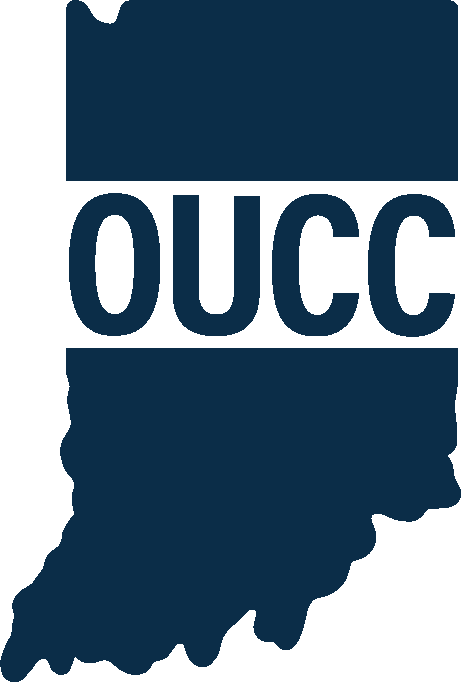If you are a rural electric membership cooperative (REMC) customer, you are a member-owner of a not-for-profit electric utility. The rates and charges of all Indiana REMCs are regulated at the local level rather than at the state level.
State law allows REMCs to withdraw from Indiana Utility Regulatory Commission (IURC) jurisdiction for purposes of setting rates and charges, and obtaining financing. All Indiana REMCs have withdrawn from state oversight, with Northeastern REMC being the last to withdraw in September 2012.
REMCs wishing to withdraw from IURC jurisdiction follow the steps below, including taking a vote at a meeting of the utility’s member-owners. To view the state statute, please visit the Indiana General Assembly’s website at http://iga.in.gov/legislative/laws/2018/ic/titles/008/#8-1-13
- When an REMC board of directors proposes to withdraw from IURC jurisdiction, it is required to send written notice to every REMC member-owner at least 30 days before the meeting.
- The notice must show the specific location, date and time of the meeting.
- Secret ballots are to be distributed to member-owners present at the meeting, and must clearly state the options of voting Yes or No for the proposal.
- If the majority of the present member-owners vote in favor of withdrawal, it becomes effective 30 days after the date of the vote. If the majority of those present vote against withdrawal, the utility remains under IURC jurisdiction.
The OUCC recommends that all REMC member-owners:
- Become familiar with the REMC’s by-laws, service rules and approved rates. This information is normally available from the REMC’s offices and its website.
- Attend REMC Board meetings, especially the annual meeting which may include the election for the Board of Directors.
- Carefully review all information that may be included with electric bills.
- Get to know the REMC’s board members. They’re member-owners, too.
For more information:
Each Indiana REMC gets its wholesale power from one of two distribution cooperatives:
- Wabash Valley Power Association (WVPA), which is based in Indianapolis and serves northern and central Indiana (www.wvpa.com)
- Hoosier Energy, which is based in Bloomington and serves southern and central Indiana (www.hoosierenergy.com)
Additional information on REMCs is available from the Indiana Statewide Association of Rural Electric Cooperatives (www.indianaec.org).
Frequently Asked Questions:
Q: What types of utilities can withdraw from IURC jurisdiction?
A: Municipal water and electric utilities may withdraw, as well as rural electric membership cooperatives (REMCs). Not-for-profit utilities can withdraw, as well as small privately owned water and sewer utilities (with fewer than 300 customers) and water utilities operated by conservancy districts (with fewer than 2,000 customers). For more information, visit www.in.gov/oucc/2634.htm.
Q: When a utility is withdrawn, does that mean it is no longer regulated?
A: No. However, it does mean that all rates, charges, and financing decisions are made by the REMC’s Board of Directors. The rates of a municipal utility are regulated by the city or town council.
Q: If I am dissatisfied with a utility’s rates, have discussed my concerns with the board, and the utility is not under IURC jurisdiction, what else can I do?
A: In most cases, a circuit or superior court at the county level would be the proper venue for such a challenge. The general common law standard is that rates must be “nondiscriminatory, reasonable and just.” Consumers wishing to challenge utility rates in court are strongly urged to consult with private legal counsel before doing so.
You may also be interested in:
